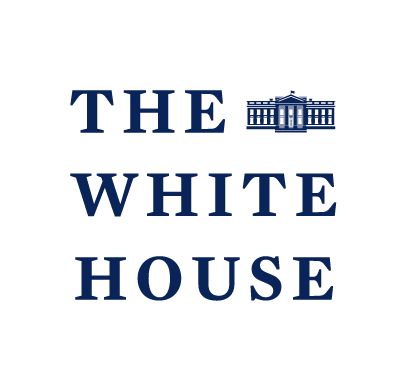138 reads
The Battle for Internet Freedom: Surveillance, Censorship, and Online Manipulation
by
May 13th, 2024
Audio Presented by

The White House is the official residence and workplace of the president of the United States.
About Author
The White House is the official residence and workplace of the president of the United States.
